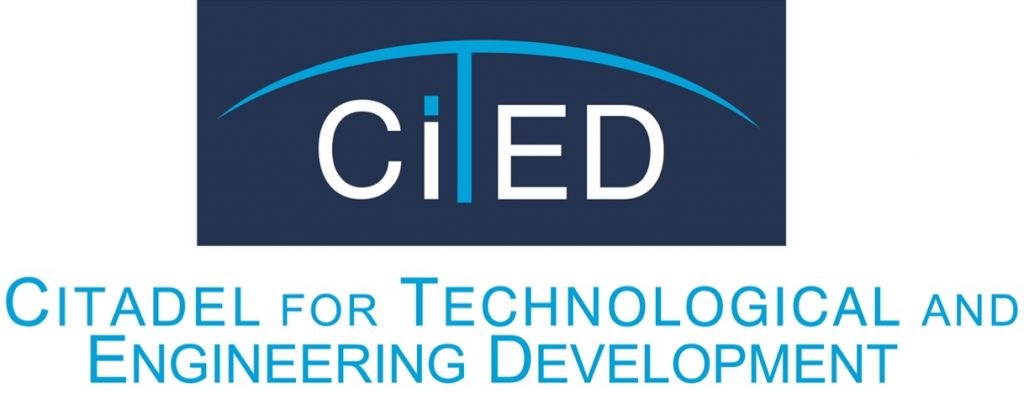Our water resources are increasingly under pressure due to climate change, population growth, and competing demands. Reservoirs play a crucial role in managing these resources by storing water and regulating its flow. This 3-day intensive training program delves into advanced reservoir management techniques, equipping participants with the knowledge and skills to optimize reservoir operations for multiple objectives.

Introduction:
Our water resources are increasingly under pressure due to climate change, population growth, and competing demands. Reservoirs play a crucial role in managing these resources by storing water and regulating its flow. This 3-day intensive training program delves into advanced reservoir management techniques, equipping participants with the knowledge and skills to optimize reservoir operations for multiple objectives.
Objectives:
- Understand the complex interactions between hydrology, climate, and reservoir operations.
- Apply advanced tools and models for forecasting inflows, simulating reservoir behavior, and making informed decisions.
- Explore multi-objective optimization techniques to balance competing demands for water, including hydropower generation, flood control, irrigation, and environmental needs.
- Develop real-world strategies for mitigating drought and adapting to climate change impacts.
Content:
Day 1 : Foundations and Advanced Techniques
- Review of fundamental reservoir operations: storage, inflows, outflows, and yield.
- Introduction to advanced hydrological modeling for inflow forecasting.
- Hands-on session with reservoir simulation software to analyze various operating scenarios.
- Introduction to multi-objective optimization and decision-making tools.
- Case studies of successful advanced reservoir management practices.
Day 2: Real-World Applications and Challenges
- Balancing competing demands: trade-offs between hydropower, flood control, irrigation, and environmental needs.
- Drought mitigation strategies: reservoir release rules, conjunctive use, and demand management.
- Group discussion and case study analysis on real-world reservoir management challenges.
- Stakeholder engagement and communication strategies for effective reservoir management.
- Legal and regulatory frameworks governing reservoir operations.
Day 3: Putting Theory into Practice
- Development of a personalized action plan for implementing advanced reservoir management practices.
- Sharing of best practices and lessons learned from peers and instructors.
- Q&A session and discussion of future trends and innovations in reservoir management.
- Final project presentations and peer feedback.
- Course wrap-up and evaluation.
Conclusion:
This comprehensive training program provides participants with the knowledge, skills, and tools to take their reservoir management practices to the next level. By understanding the complexities of reservoir systems, applying advanced techniques, and collaborating with stakeholders, participants can contribute to sustainable and effective management of this vital resource.

